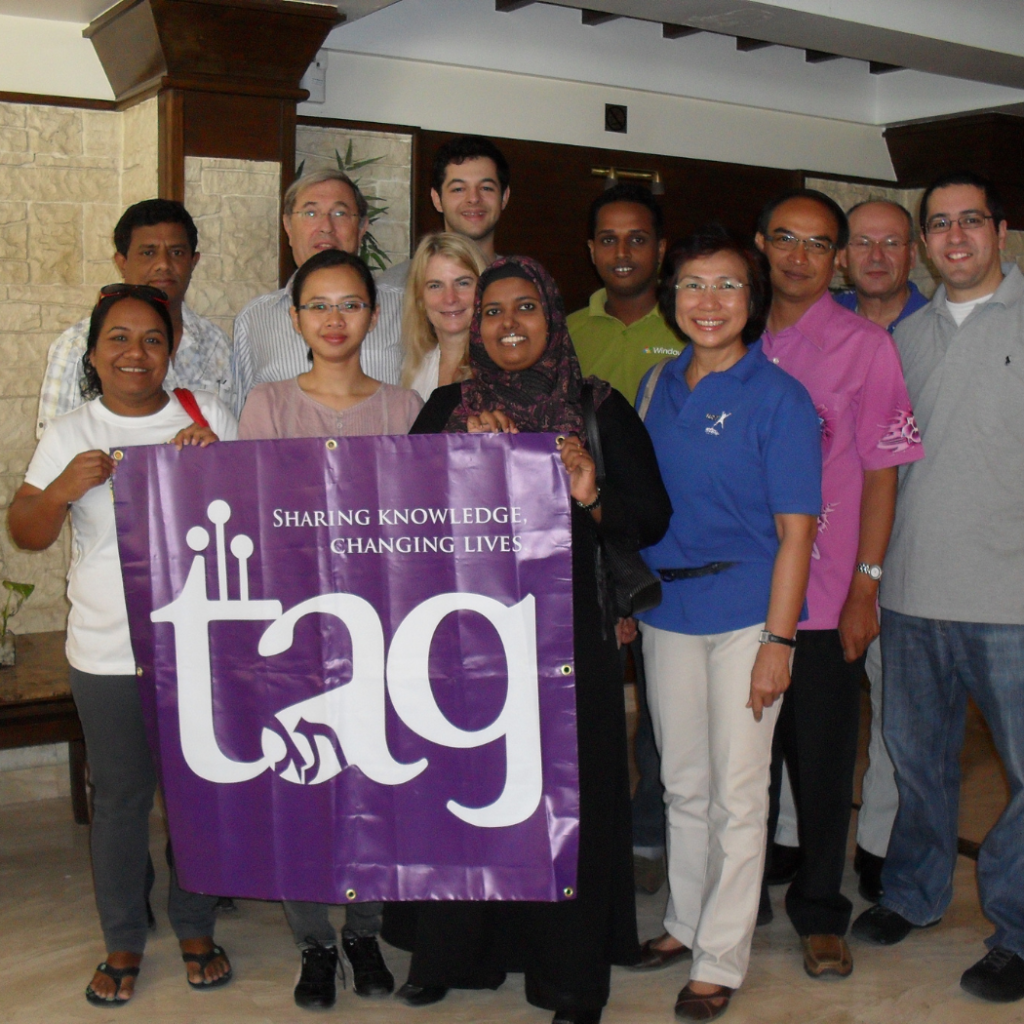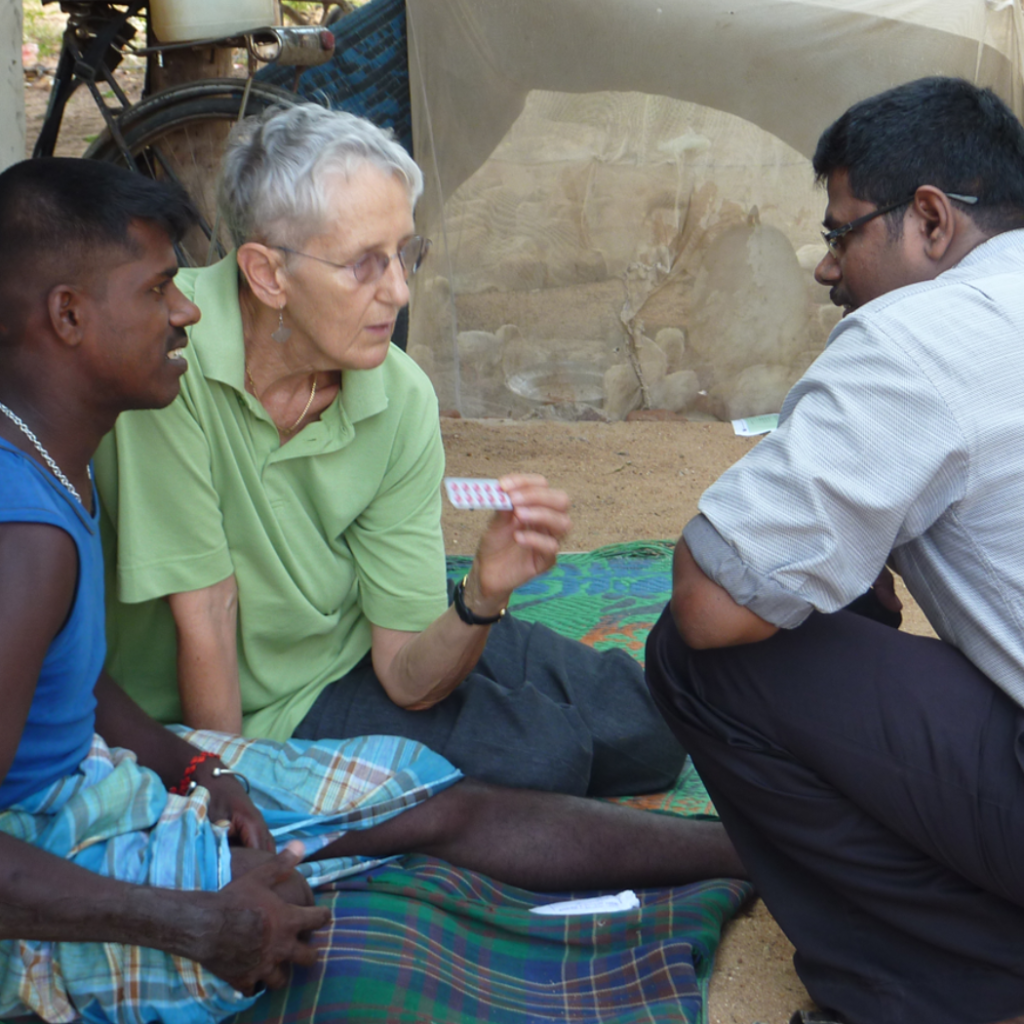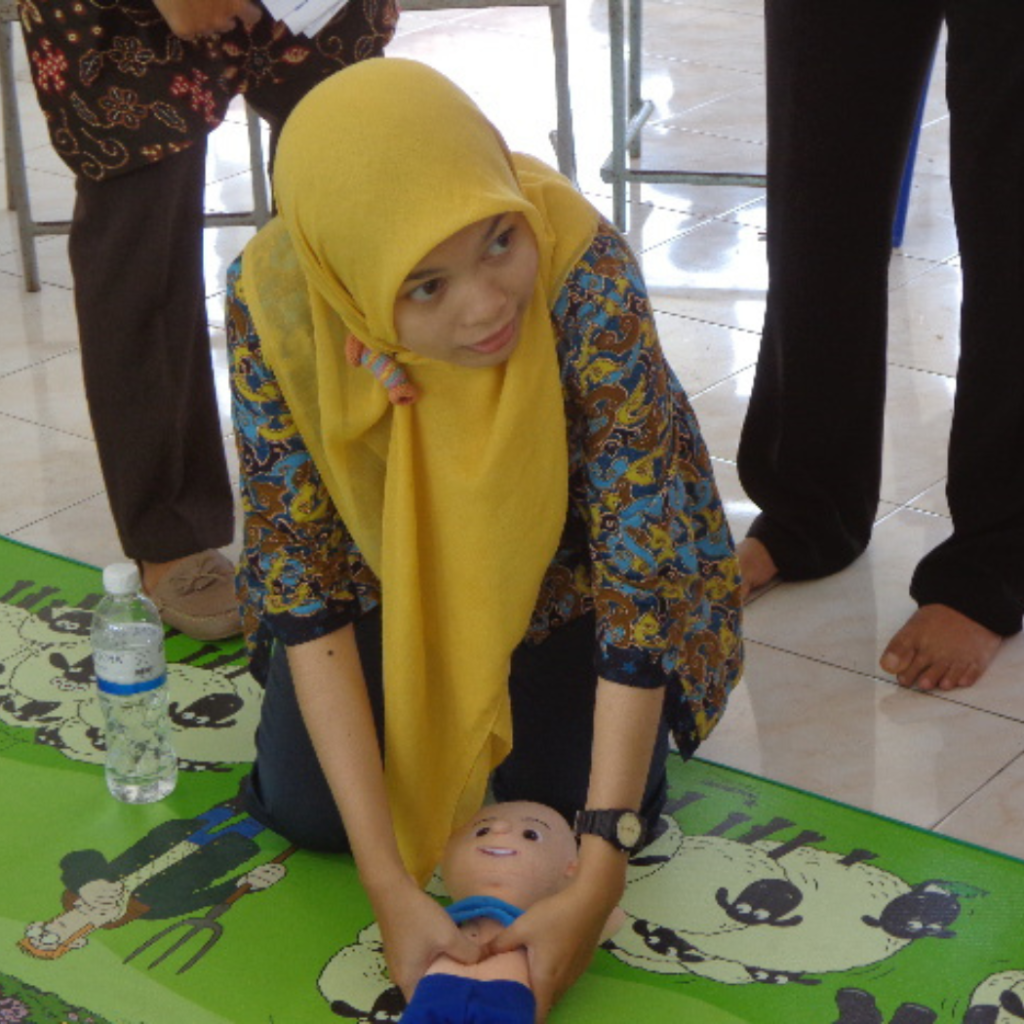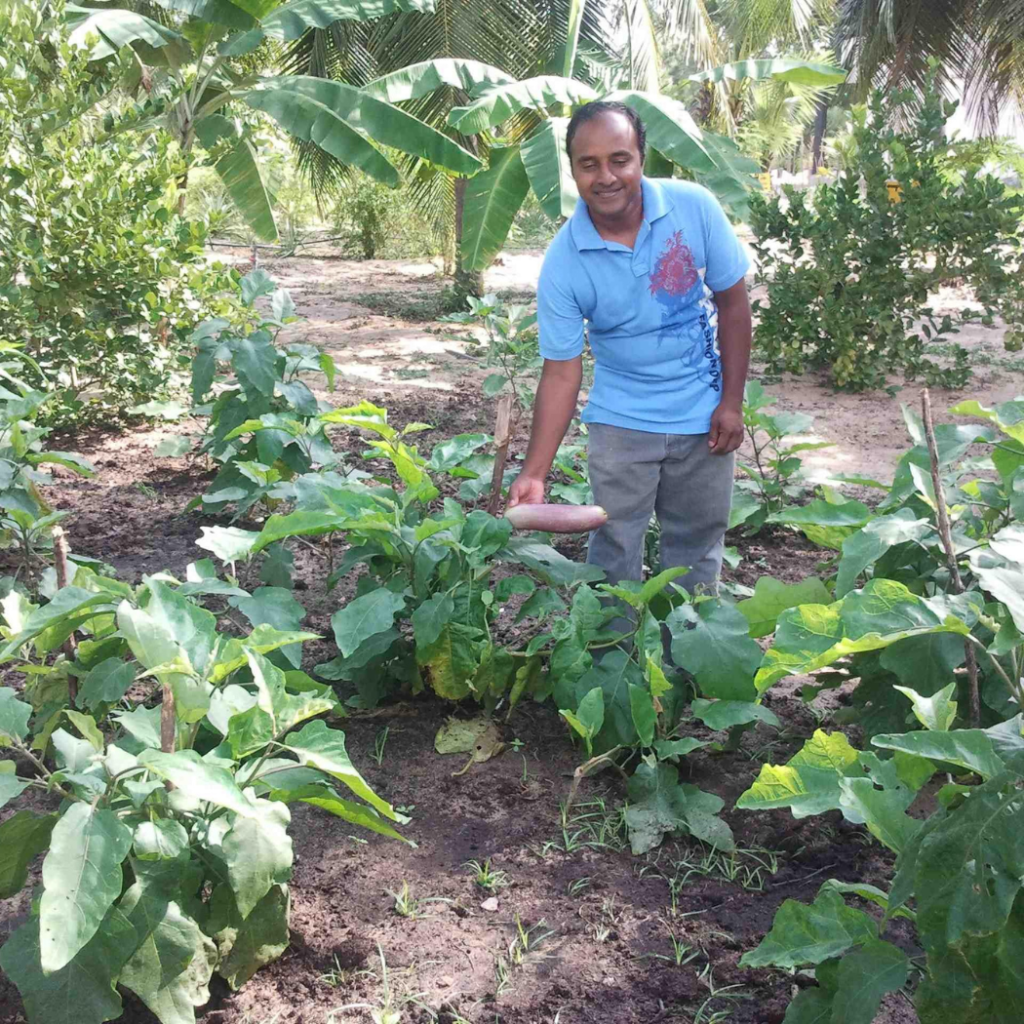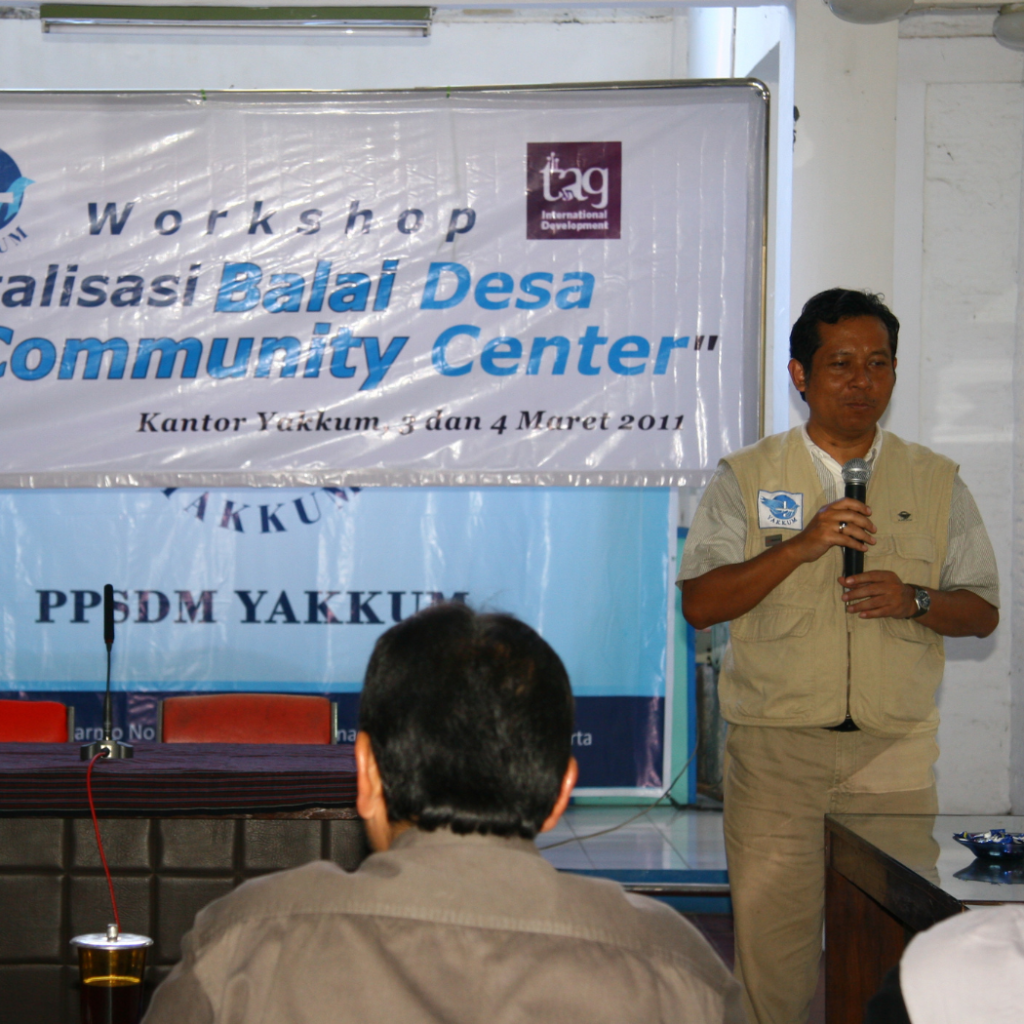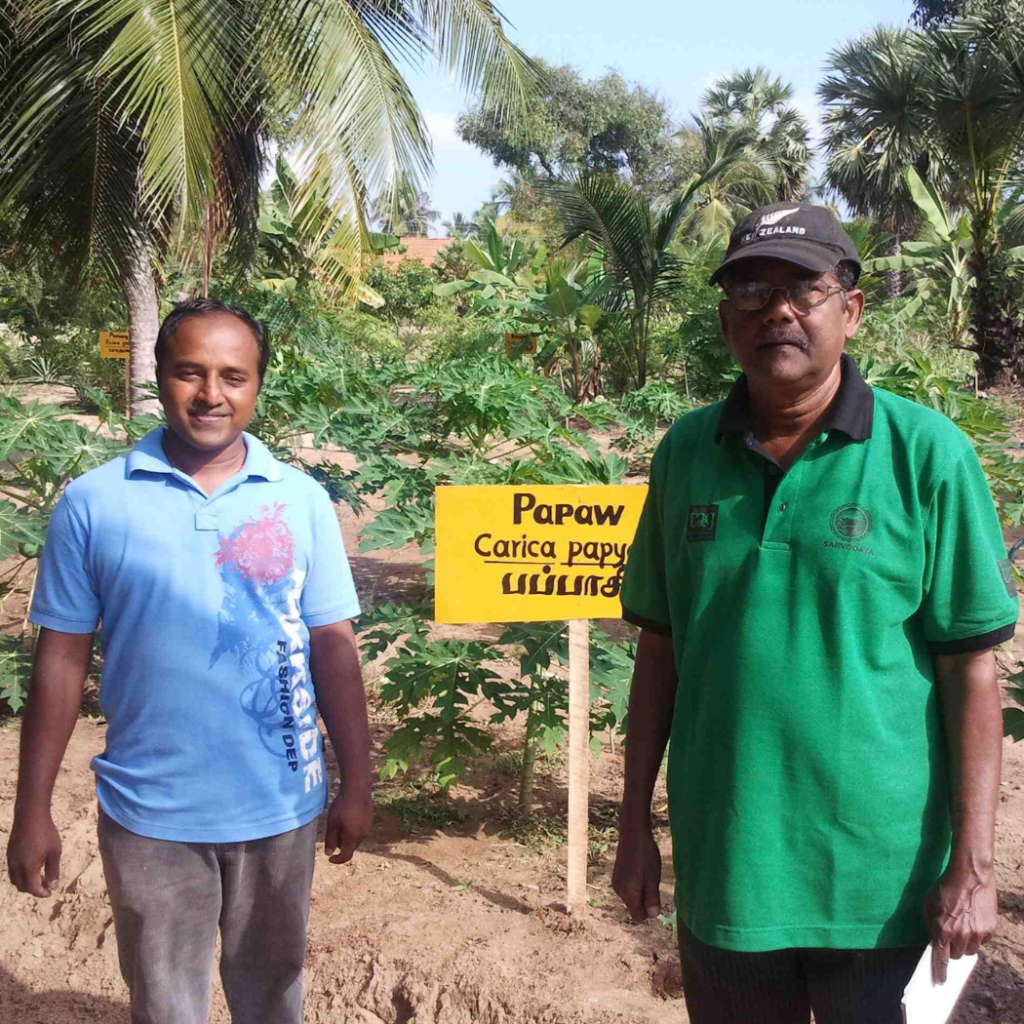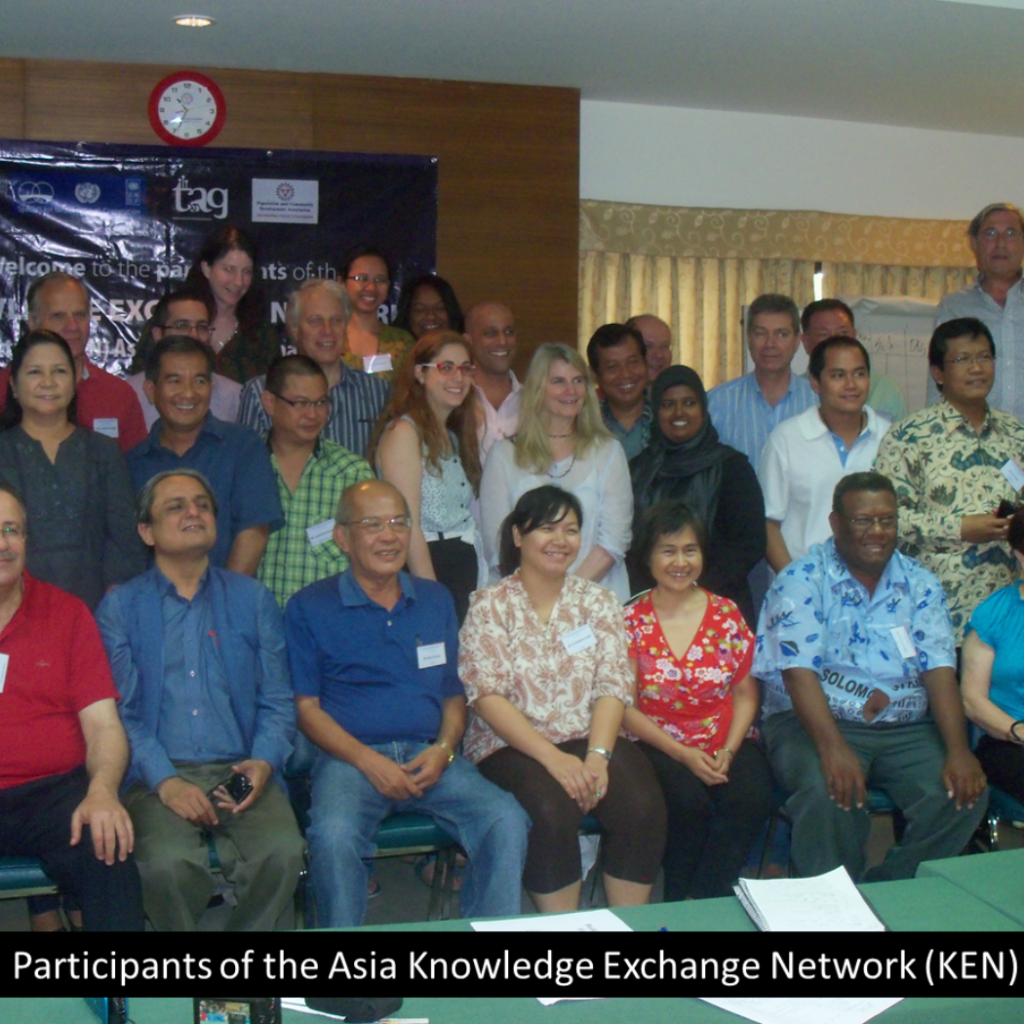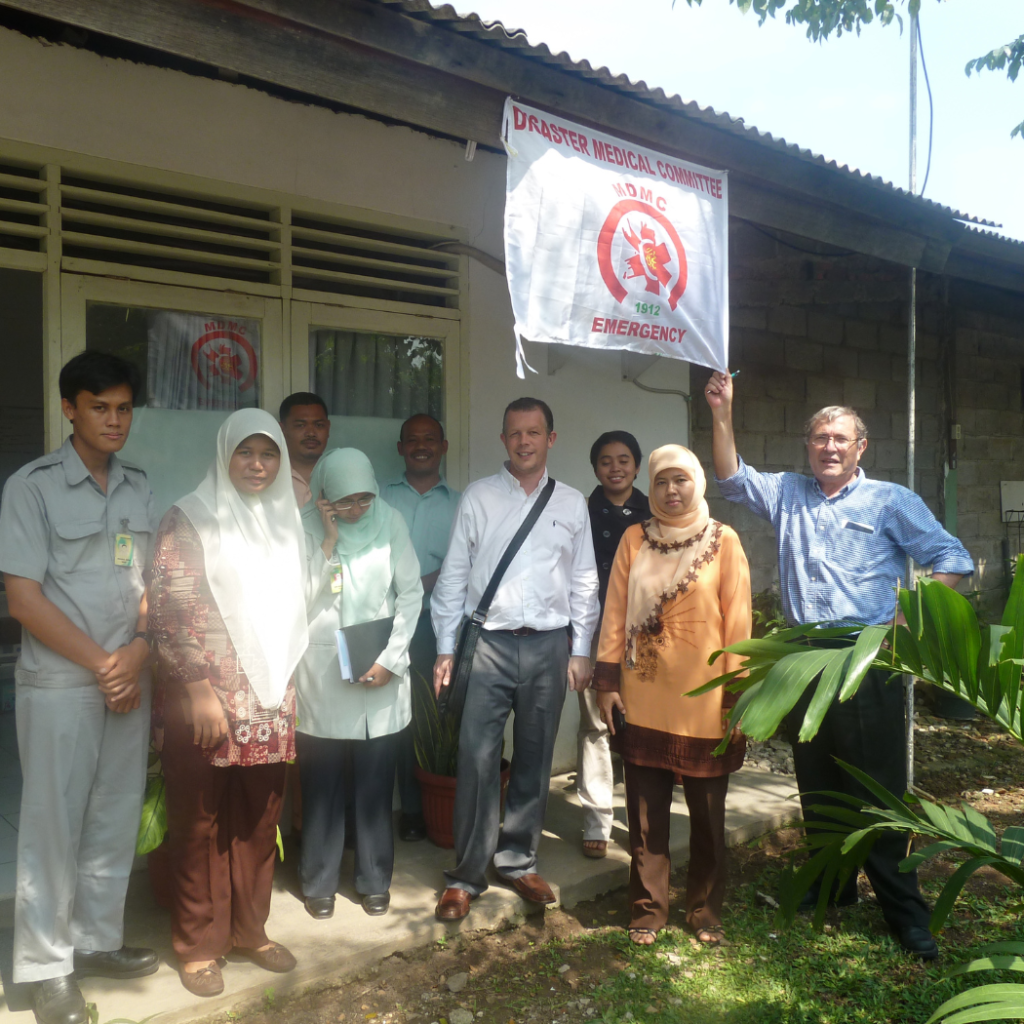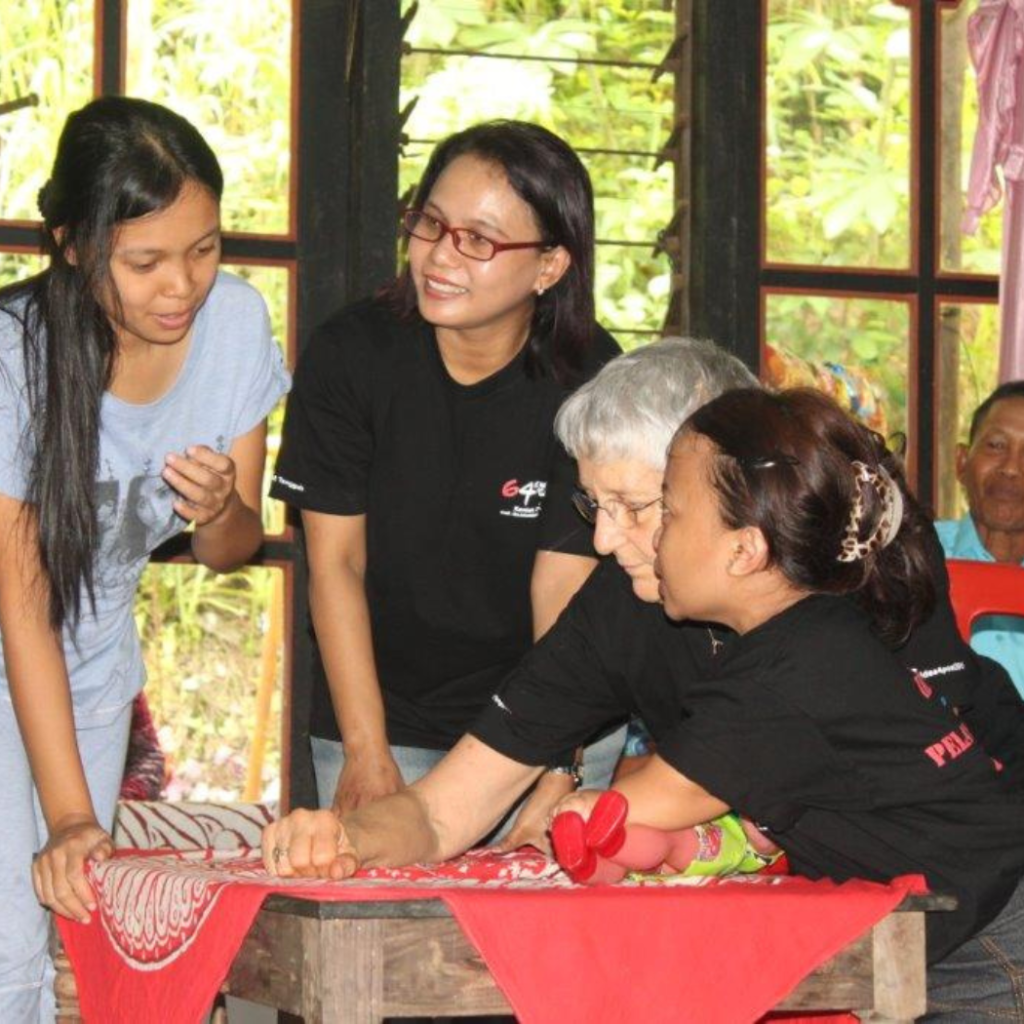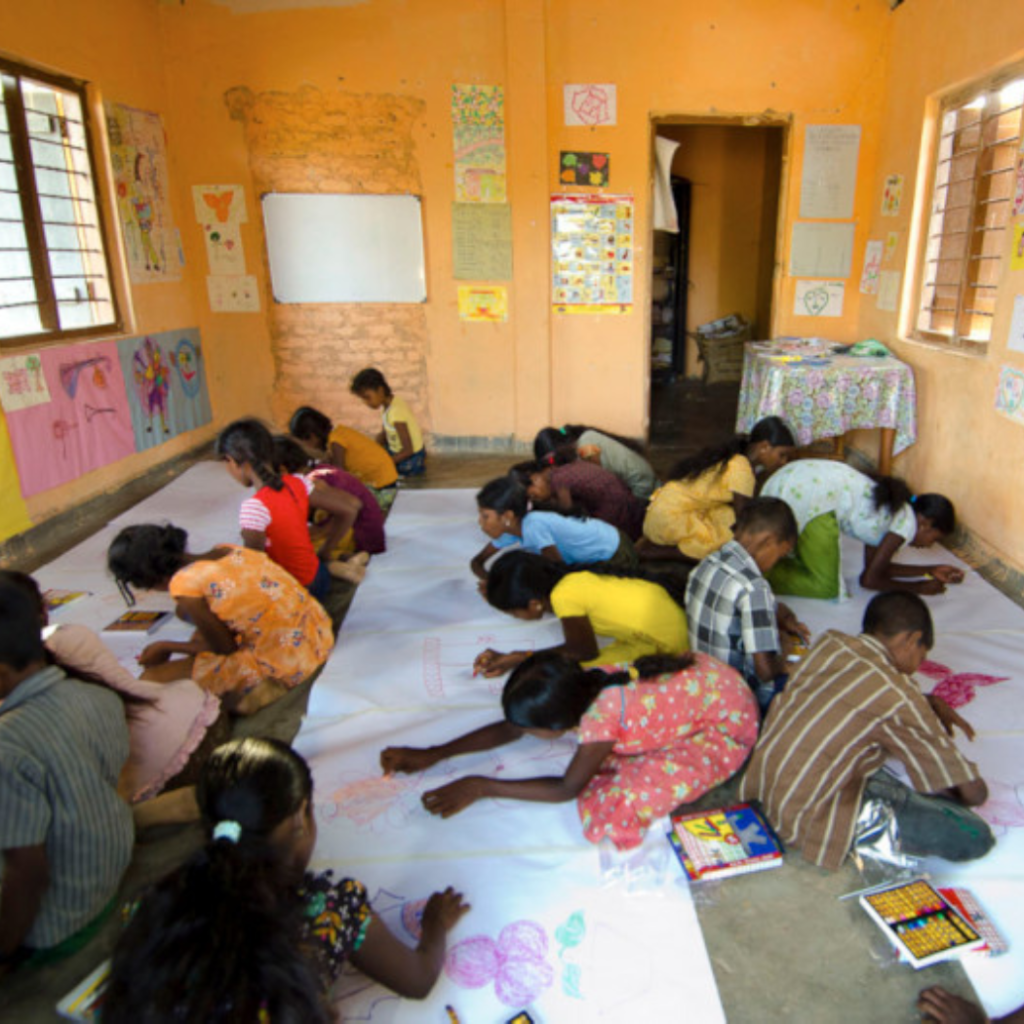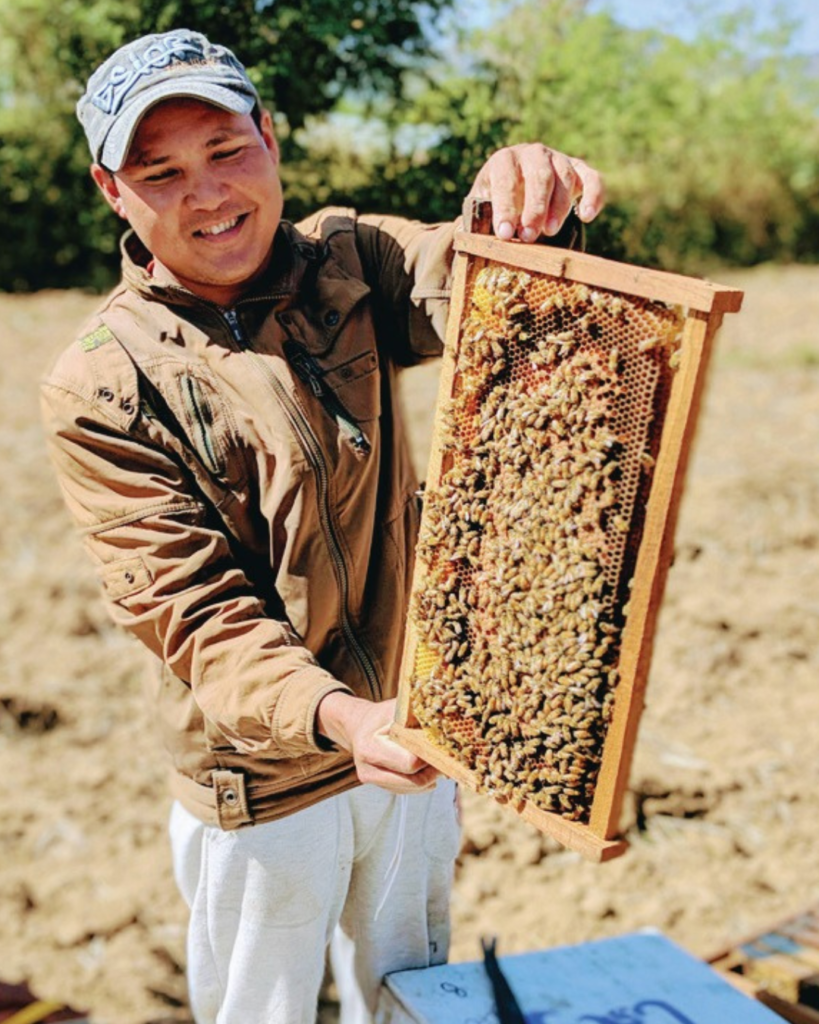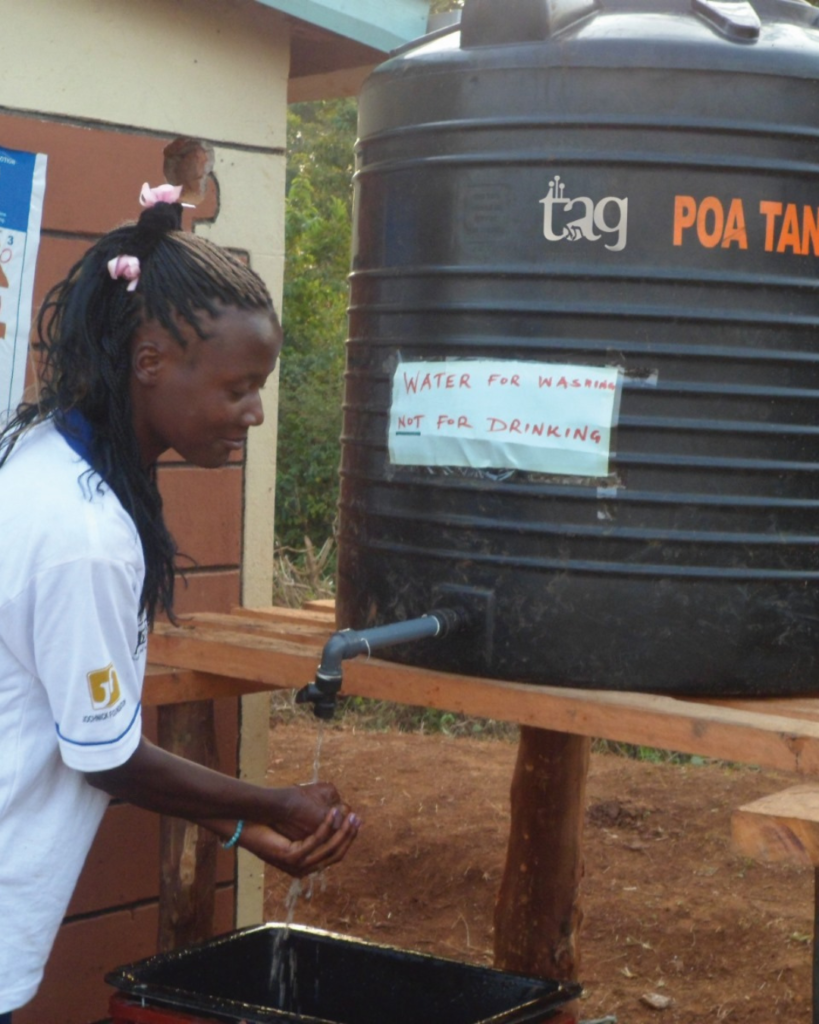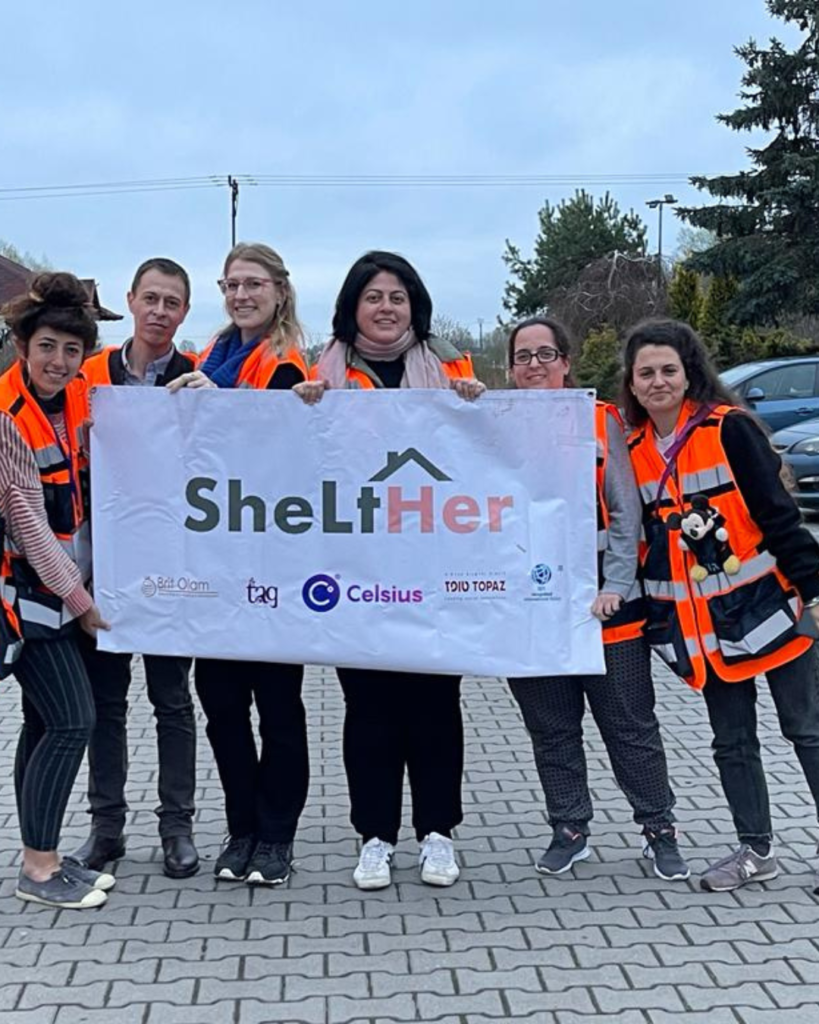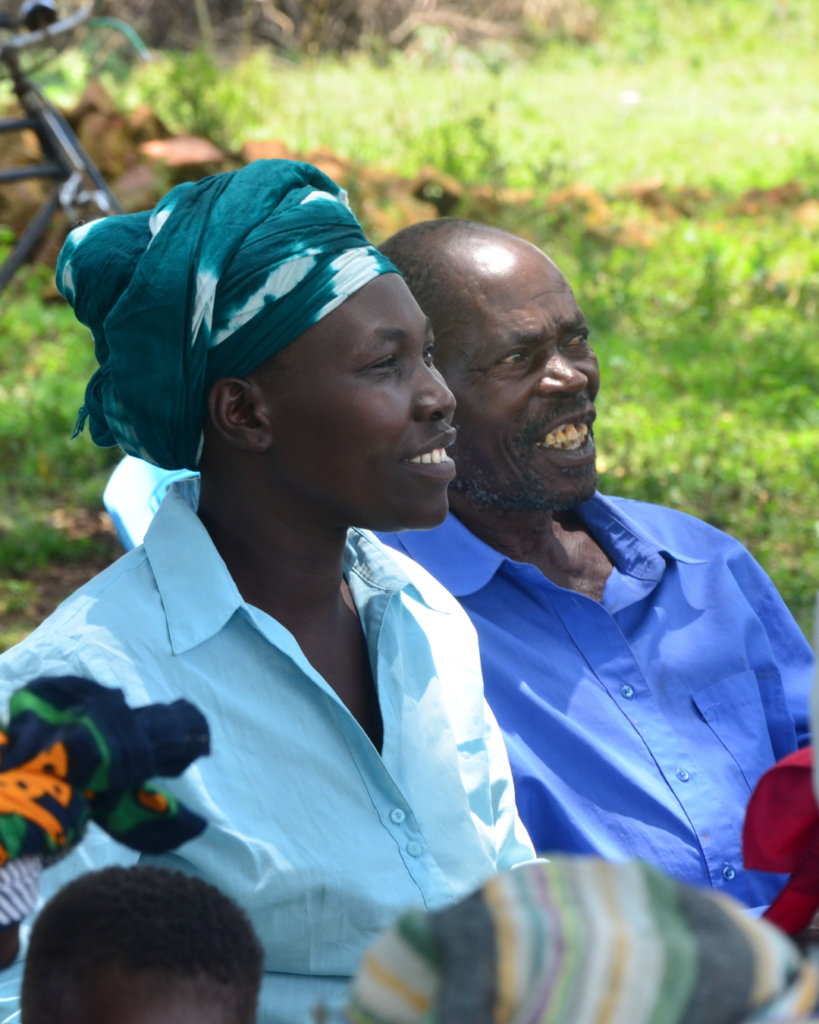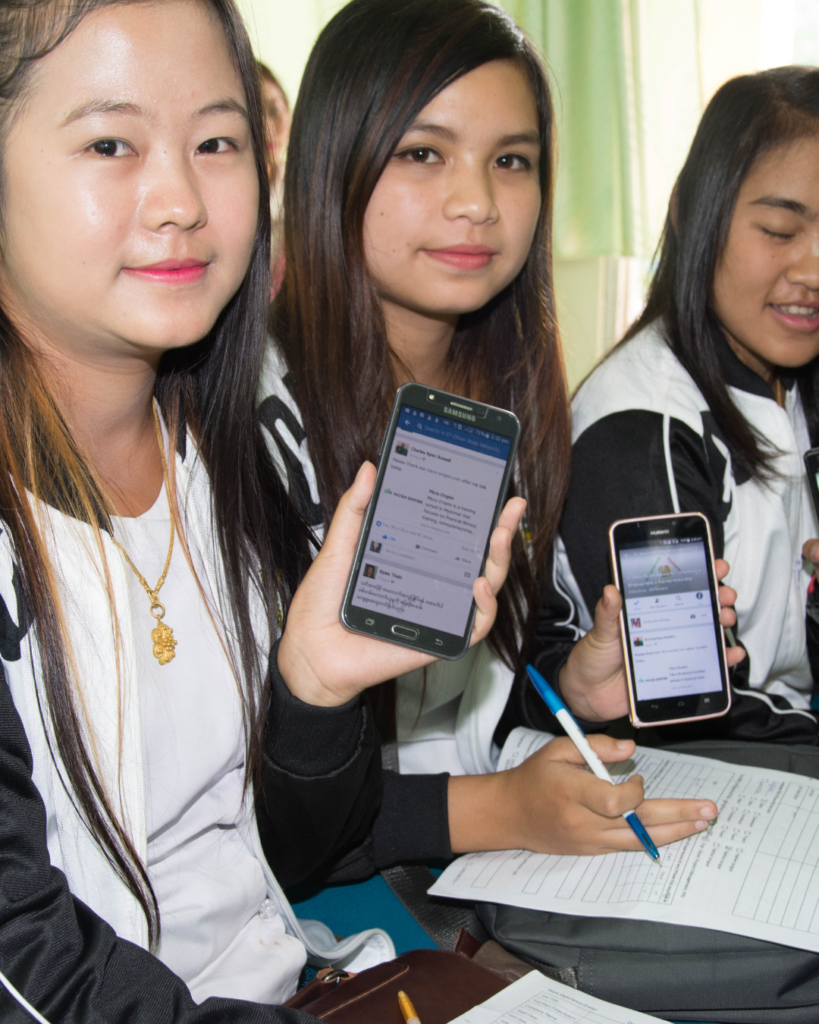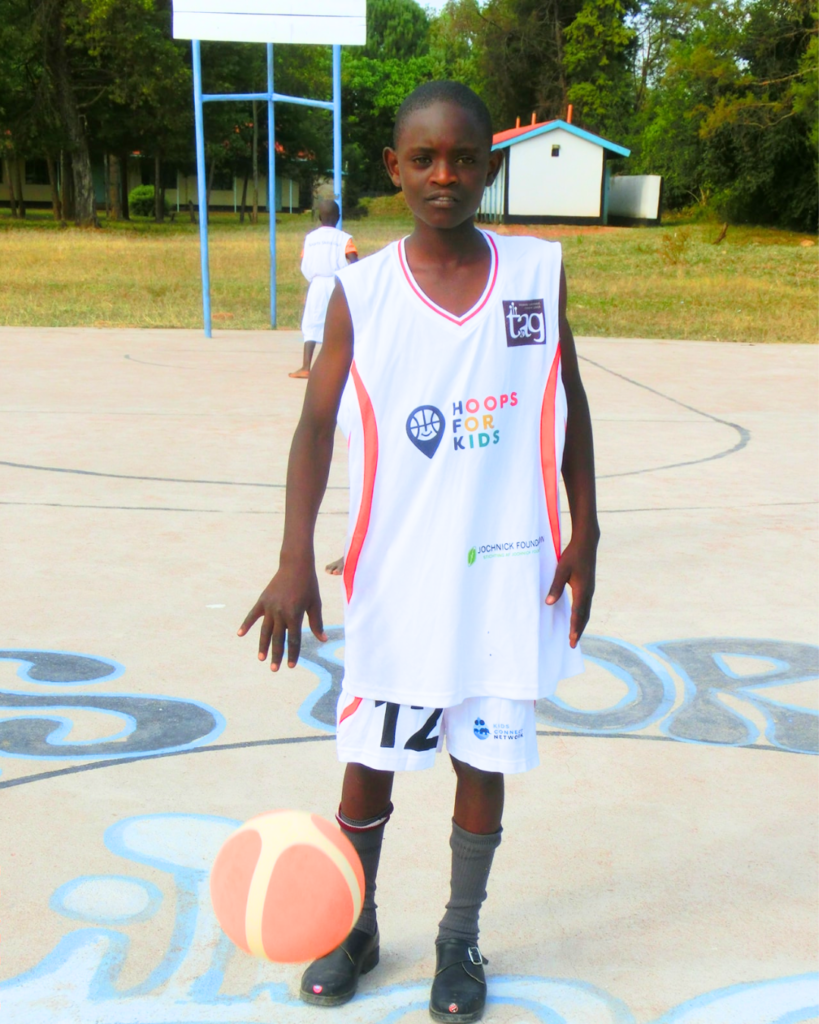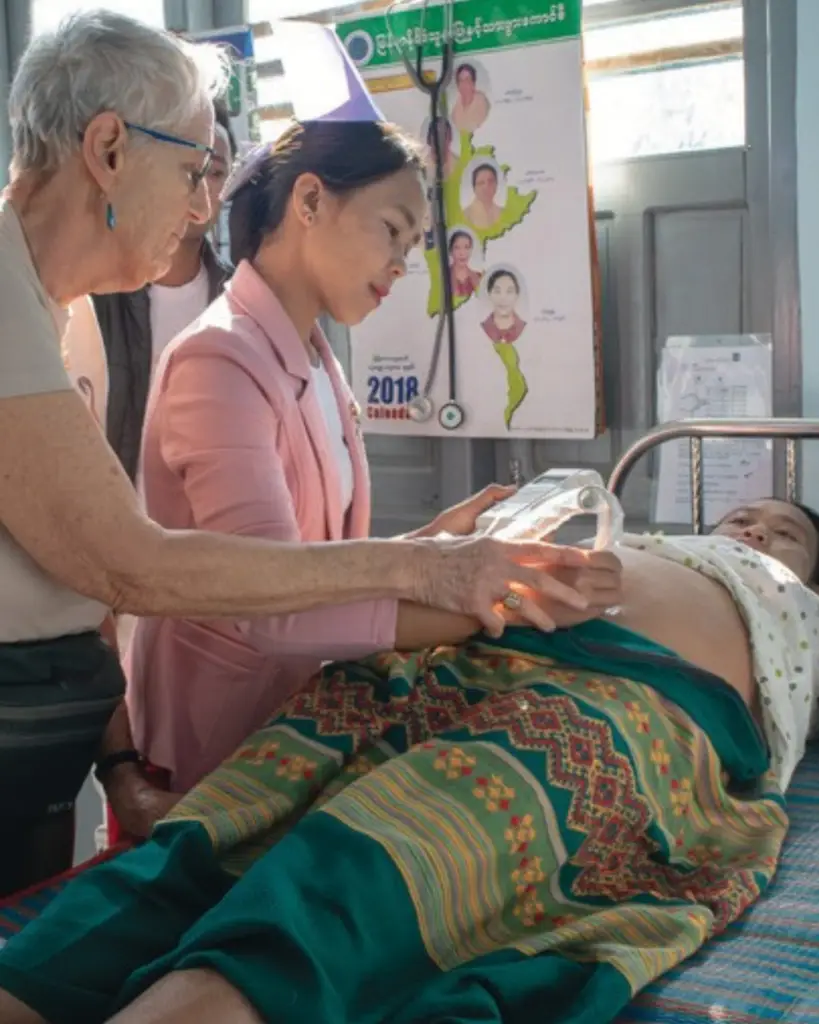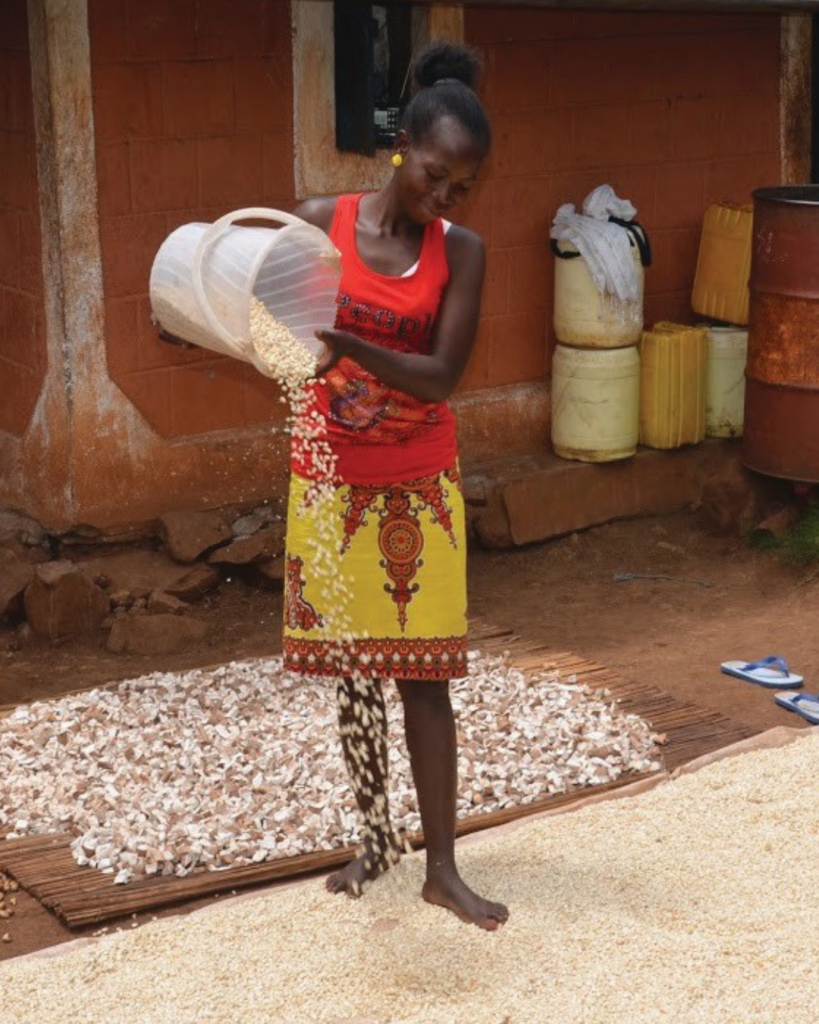In the aftermath of the devastating Asian Tsunami, many countries experience intense damage. The work to rebuilt and restore took many years.
On 26 December, 2004, a massive tsunami with waves up to 100 ft high, devastated communities along the surrounding coasts of the Indian Ocean, killing more than quarter of a million people in 14 countries. Most affected were Indonesia, Sri Lanka, India, and Thailand. It is the deadliest natural disaster of the 21st century, one of the deadliest natural disasters in recorded history, and the worst tsunami disaster in history. It is also the worst natural disaster in the history of Indonesia, Sri Lanka and Thailand.
Tag worked in several countries affected by the Tsunami, helping them with expertise to both build back better, and be better prepared for future disasters. Our projects spanned a wide spectrum, from developing community centers to emergency medicine, from introducing advanced agriculture to enhancing women’s access to healthcare in remote rural villages.
Out of these projects grew the Asia Knowledge Exchange Network (KEN), bringing together a series of humanitarian organizations from across the Asian continent, to share best practices and form collaborations.
Here are a few examples of our projects in those countries:
Sri Lanka
Following civil war in Sri Lanka community spaces were destroyed, leaving the population deprived of the opportunity to congregate and conduct the social, religious and cultural activities necessary in everyday life. In partnership with Sarvodaya, the country’s largest grassroots organization Tag helped develop community centers in Sri Lanka to provide post trauma services, spaces for spiritual expression and communal places for peace and reconciliation.
Additionally, we mobilized community art professors from Ben Gurion University and art activists from Bezalel Art Academy in Jerusalem, to work with artistic talents from Sri Lanka to design and reconstruct communal spaces and traditional places of congregation.
Kurunegala, a village in southwest Sri Lanka, had few economic prospects or employment opportunities. With support from Google, Tag teamed up with local partner Sarvodaya Fusion to help villagers use digital methods to promote local industry. A small producer of coir (coconut fiber) brushes set up a Facebook page. Hayleys, a local export company, discovered the opportunity and placed a monthly order of one million brushes, creating employment for 200 people
Tag established an agriculture training center and model farm in Batticaloa, eastern Sri Lanka, in the heart of an area battered by war and the Asian Tsunami, where Israeli technologies and methodologies were adapted to increase income in the surrounding farming communities.
Indonesia
We worked in Indonesia to develop an integrated hospital and community service to raise the professional competencies of hospital physicians and community health workers for the provision of women’s healthcare. Jerusalem’s world-class Hadassah Hospital shared its integrated hospital-community model of addressing women’s health that enables a holistic platform for treatment and prevention
We collaborated with a large Indonesian charity, to offer nursing homecare in Jakarta for the elderly who are terminally ill, chronically unwell, resident in geriatric homes and isolated in their own homes. In cooperation of Matav, Israel’s largest homecare for the elderly organization, the idea was to retrain retired nurses, social workers and volunteers, and to develop effective management systems.
We also conducted a grass-roots maternal and infant mortality reduction project which operates across rural villages in Central Java, Indonesia with local partner YAKKUM. Training was provided for local healthcare workers and traditional birth attendants providing them with valuable lifesaving skills. A large health mobile visited the villages to raise awareness, disseminate knowledge and provide health education. Professionals in the van also provided women’s healthcare services.
Asia Knowledge Network
Tag co-hosted the Asia Network for Disaster Preparedness convening professionals from Indonesia, Sri Lanka, Maldives, Jordan, Turkey, Myanmar, India and Israel, to foster regional cooperation, exchange best practices and develop pioneering solutions.
The network fostered strategic cooperation and exchange of knowledge, enabled the training for a cadre of specialized volunteer relief agencies, and provided guidance to community organizations tending to vulnerable populations. It also promoted models of regional cooperation, and facilitated collaborations between humanitarian organizations from a multitude of countries.
The first two KEN workshops in 2008 and 2009 in Israel and Sri Lanka respectively were focused on the theme of “Disaster as Opportunity.” They brought together professionals from Sarvodaya in Sri Lanka, the Population and Community Development Association (PDA) in Thailand, the International Blue Crescent (IBC) in Turkey, Israel Magen David Adom from Israel (IMDA), All India Disaster Mitigation Institute (AIDMI) in India, and the CARE Society from the Maldives. These two workshops resulted in a school safety project in the Delta region of Myanmar following Hurricane Nargis. It was implemented with professional input from AIDMI in India and YAKKUM in Indonesia.
The third KEN workshop was hosted by the All India Disaster Mitigation Institute (AIDMI) in Ahmadabad, India in 2010. The sessions focused on interventions during the several phases of post-disaster response and the relationships between local and international NGOs in terms of local capacity building. The network expanded to include YAKKUM Christian Foundation for Public Health and 118 Emergency Ambulance Service, both from Indonesia.
The fourth workshop was hosted by YAKKUM in Indonesia in 2011. The network embraced a new partner from Indonesia, Muhammadiyah, as well as representatives from the Malaita Chazon Development Authority in Solomon Islands. A representative from UNDP participated for the first time and suggested that UNDP co-host KEN 5 in Bangkok, Thailand. The theme was Disaster Risk Reduction and Climate Change. At the conference, the Tag/YAKKUM joint community center project initiated following the Mt. Merapi earthquake was presented and discussed. Participants began planning the integration of climate change education for children into the next school safety project.
The fifth KEN, in 2012, was co-hosted in Bangkok, Thailand by the Population and Community Development Association (PDA), the United Nations Development Program’s (UNDP) Special Unit for South–South Cooperation, and TAG. The themes were Disaster Risk Reduction and Sustainable Development with an emphasis on both financial and economic sustainability, as well as Assets Based Community Development. Sustainability in action was conveyed by PDA, whose organizational structure demonstrates the concept. New network affiliates who participated in the workshop in Thailand were LEAD, Myanmar and PDC and CDRC from the Philippines.
